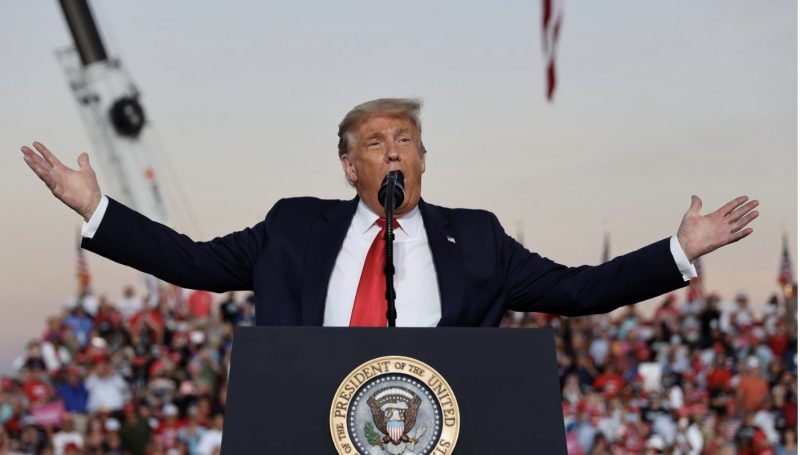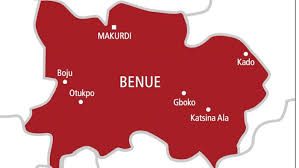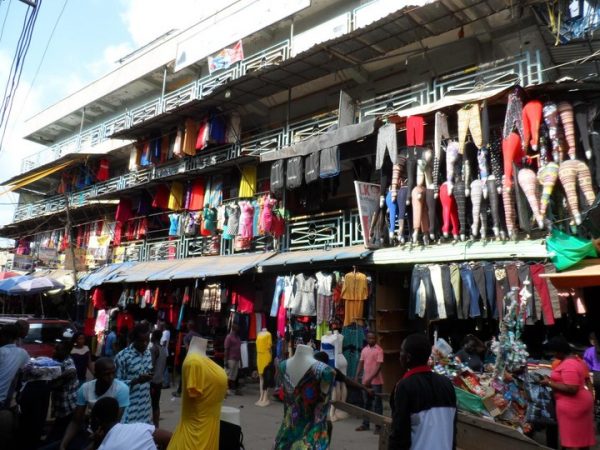The Nigeria Labour Congress (NLC) has labelled the World Bank an enemy of the country after the financial institution asked the Federal Government to stop the subsidy payment on petrol and raise the cost of the product to N750/litre.
“It is truly a shame that the World Bank has really shown itself to be an enemy of the Nigerian nation. Its continued grandstanding and generation of anti-poor policies and programmes have destabilized many countries of the South, especially nations within the sub-Saharan region,” Ajaero wrote in part in a statement on Thursday.
The union criticised the World Bank’s lead economist for Nigeria, Alex Sienaert, for supporting the unwarranted recommendation during a presentation in Abuja and rejected an increase in petrol prices to N750 per litre.
“We vehemently reject the recent advice by the World Bank urging the Nigerian government to increase petrol prices to N750 per litre.”
“We remind the government that Nigeria should not allow foreign entities like the World Bank and the IMF to dictate economic policies that are detrimental to the welfare of its citizens. It is imperative that our leaders look inwards, tapping into the vast resources and human potential within our nation to address challenges and formulate policies that genuinely uplift the standard of living for all Nigerians
While accusing the World Bank of promoting policies that prioritise foreign interests over the well-being of the Nigerian people, the Union advised the government to resist foreign influence in economic policies and prioritise the welfare of its citizens.
The difficulties and suffering created by the last hike in the price of PMS which was a product of the advice of the World Bank and its sister institution; the IMF is still ravaging the nation destroying in its wake the nation’s industrial base and domestic manufacturing capacity which favours Western metropoles, ”he said.
The NLC also called on the government to look inward, tapping into domestic resources and human potential to address challenges and uplift the standard of living for all Nigerians.
Highlighting the disparity between international prices and local wages, the labour union cautioned against further increases in PMS prices, describing such a move as a “suicide pill” that would worsen the nation’s economic situation.
Fighting corruption in the downstream petroleum sector, reducing the cost of governance, and reviving domestic refineries rather than heeding the World Bank’s advice, Ajaero insisted should be the Federal Government’s topmost priority.
The Union cautioned the World Bank to steer clear of Nigerian economic policies and allow the country to implement its policies that will be of benefit to yrs citizens







